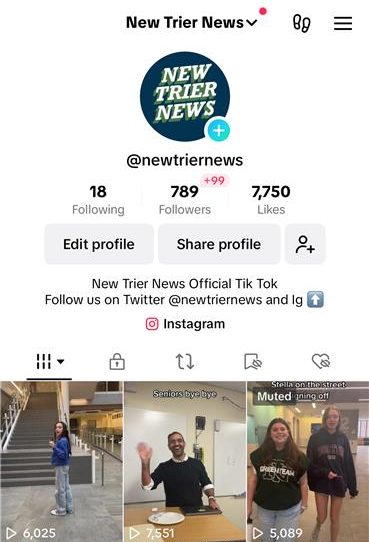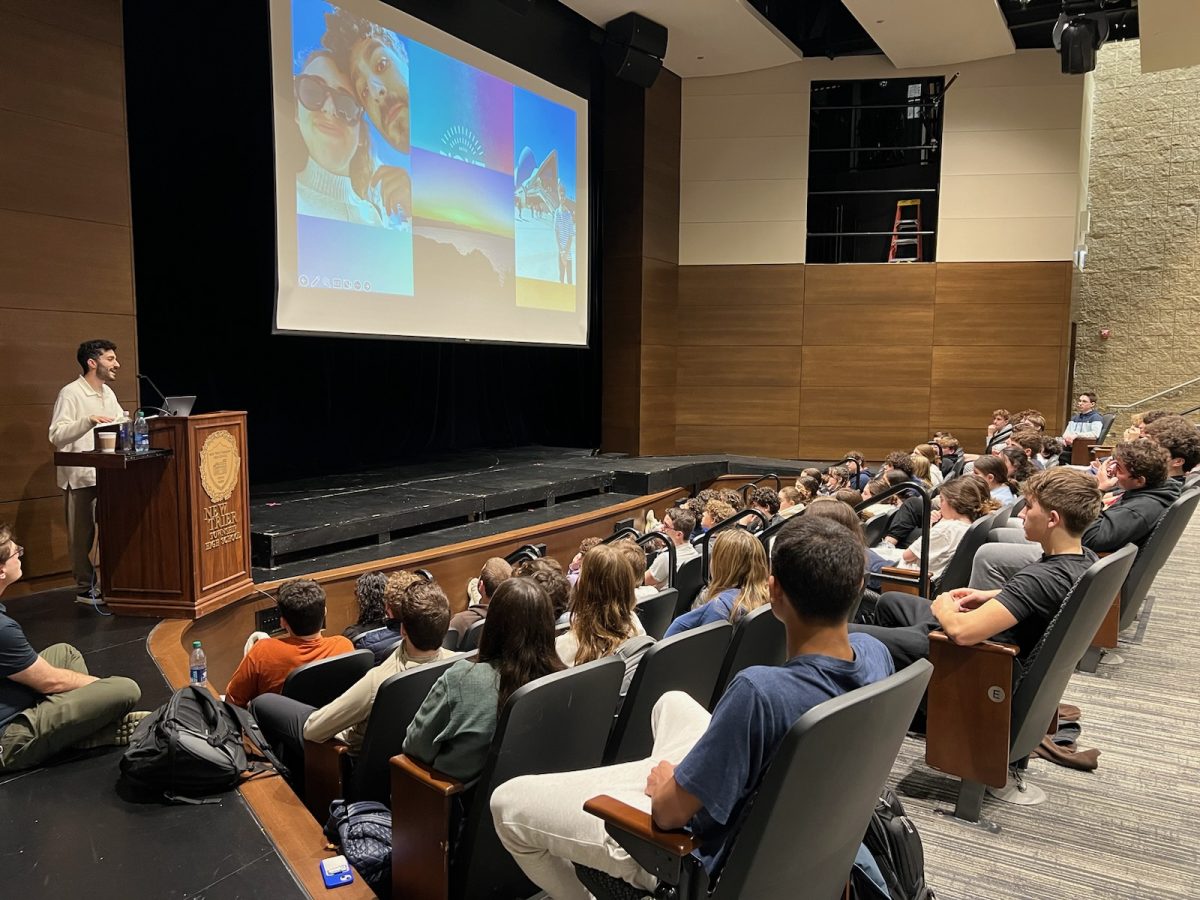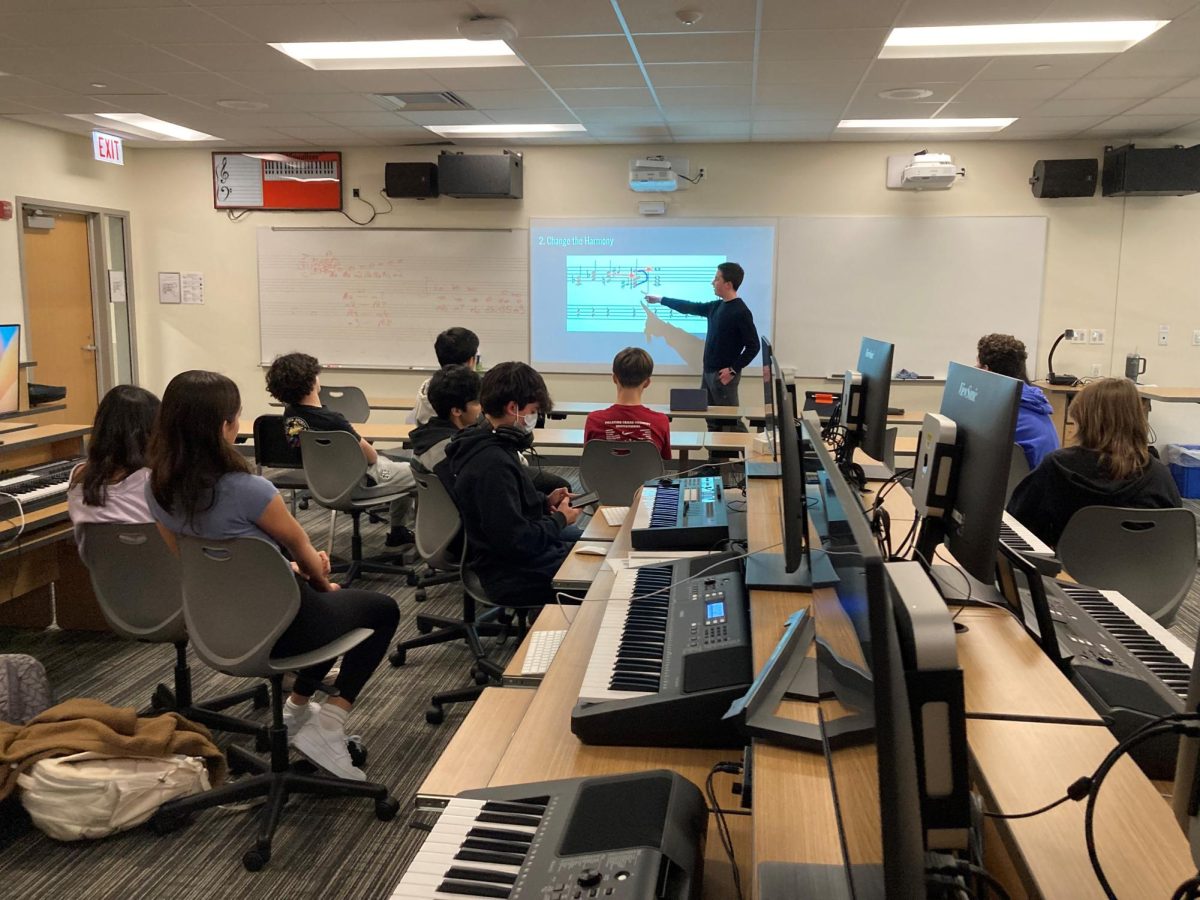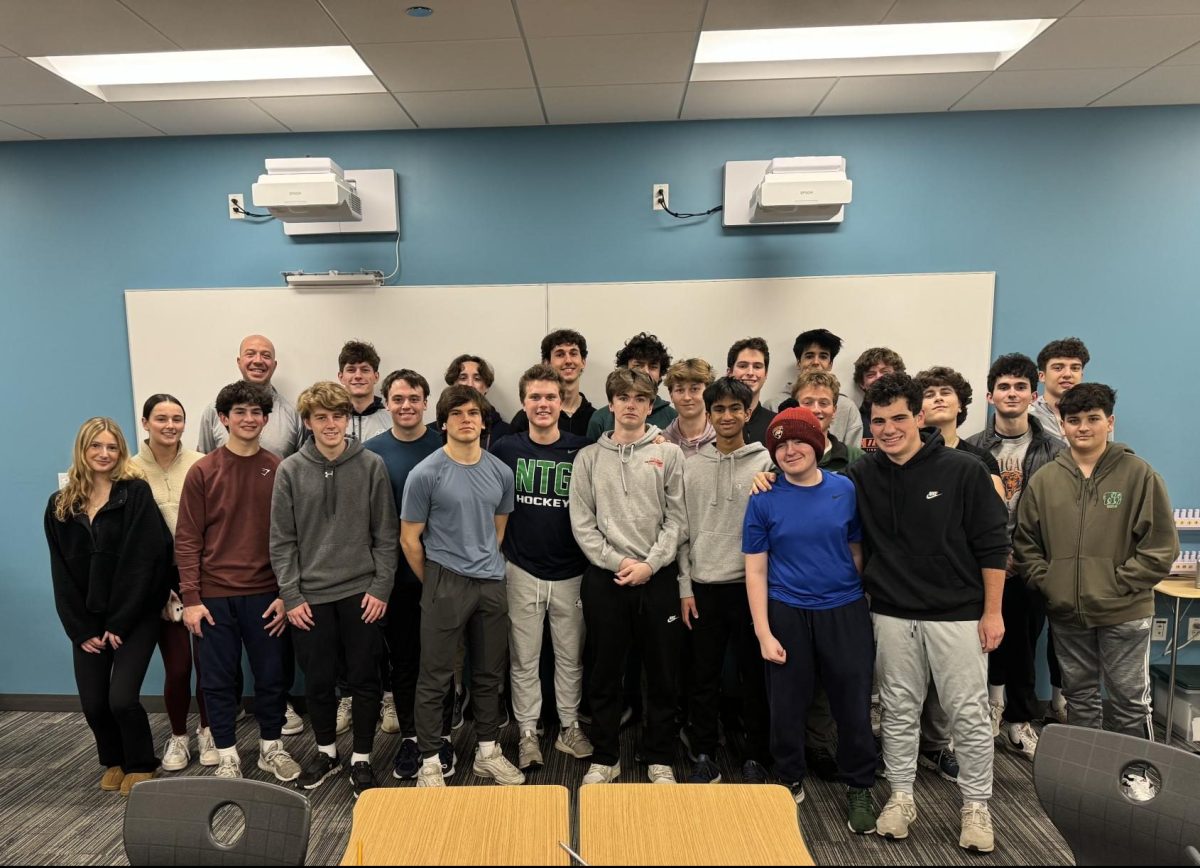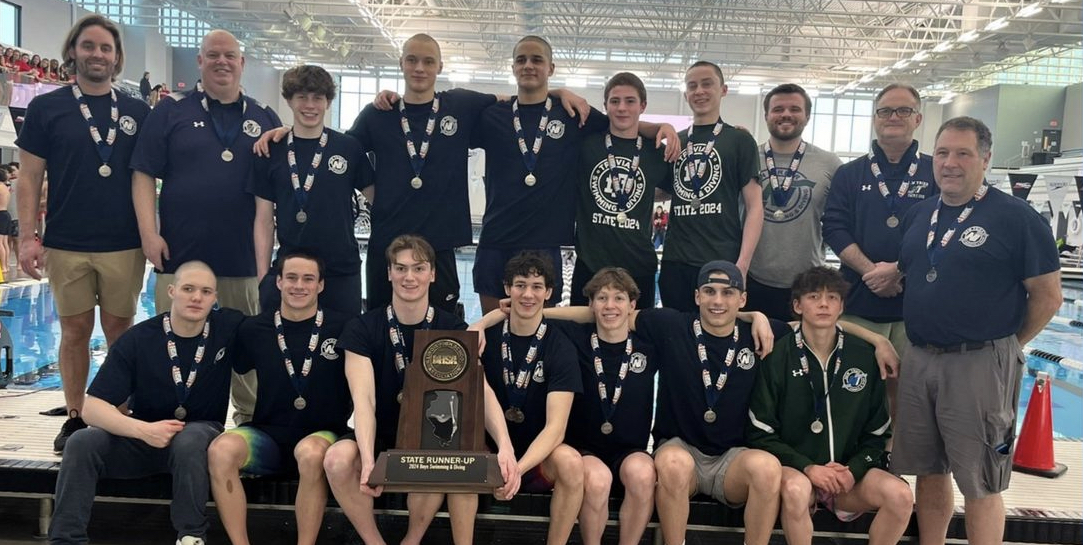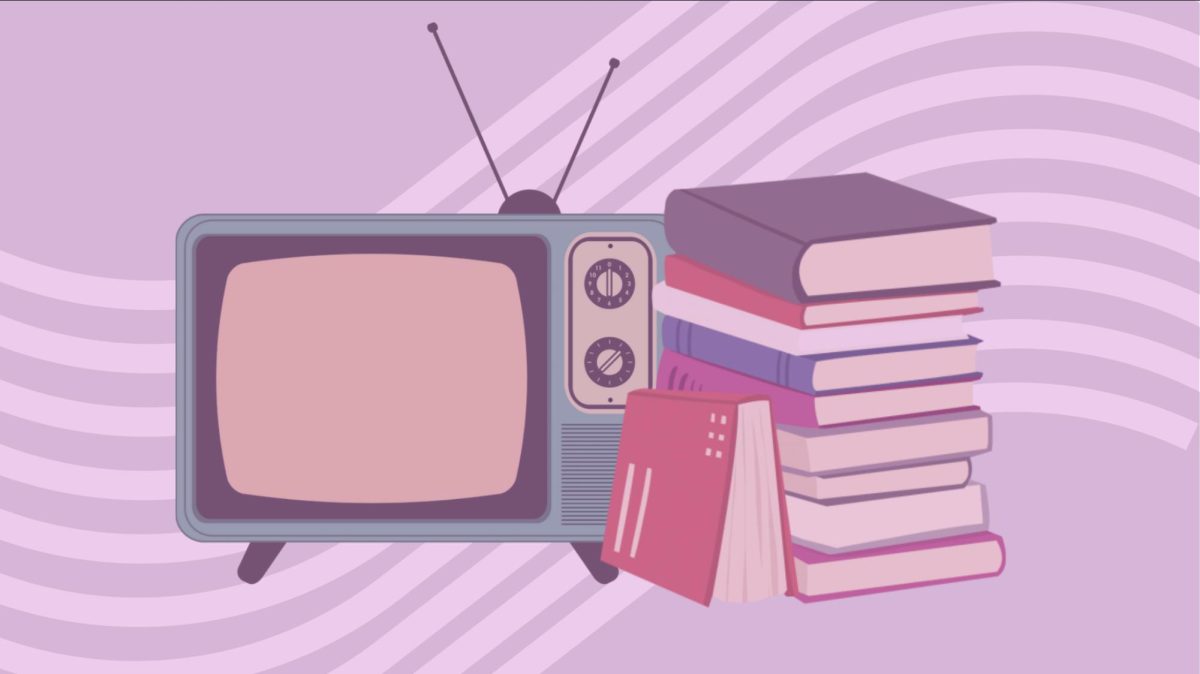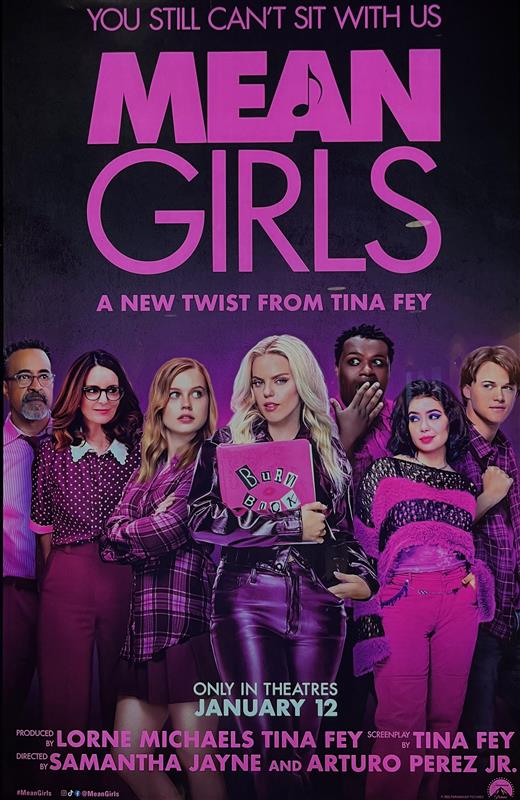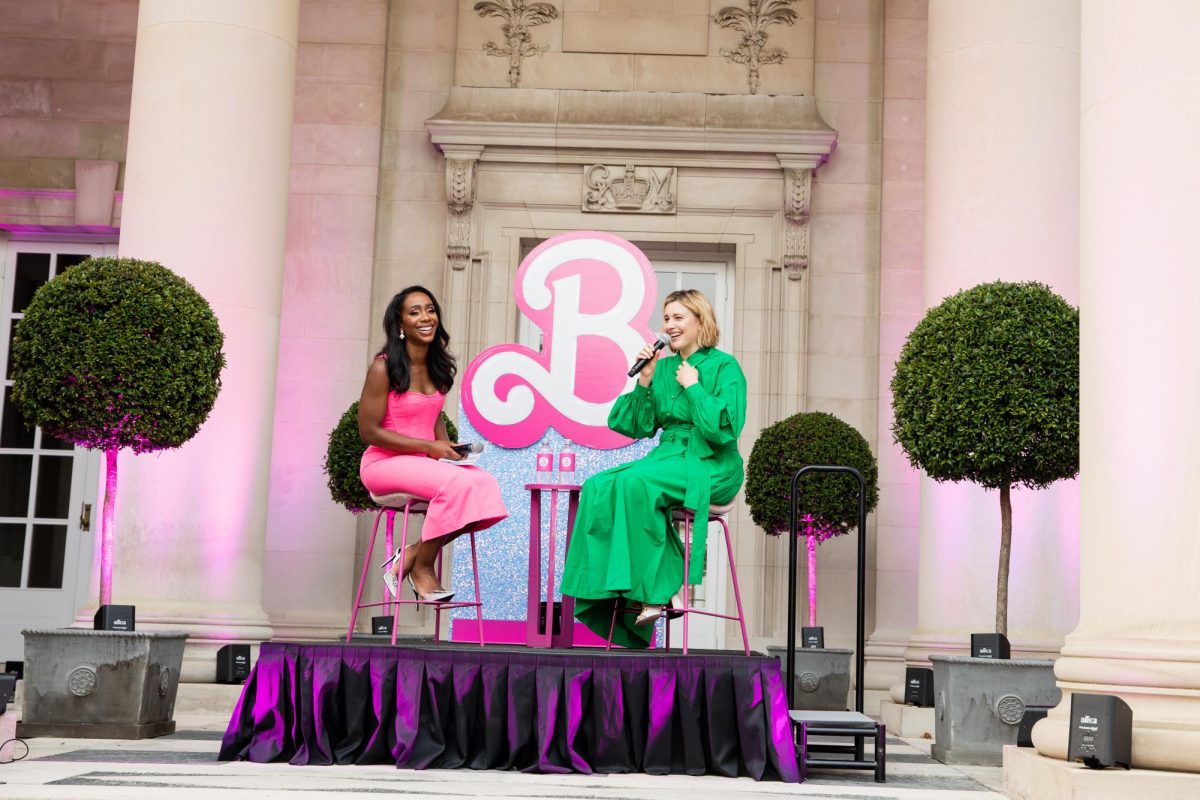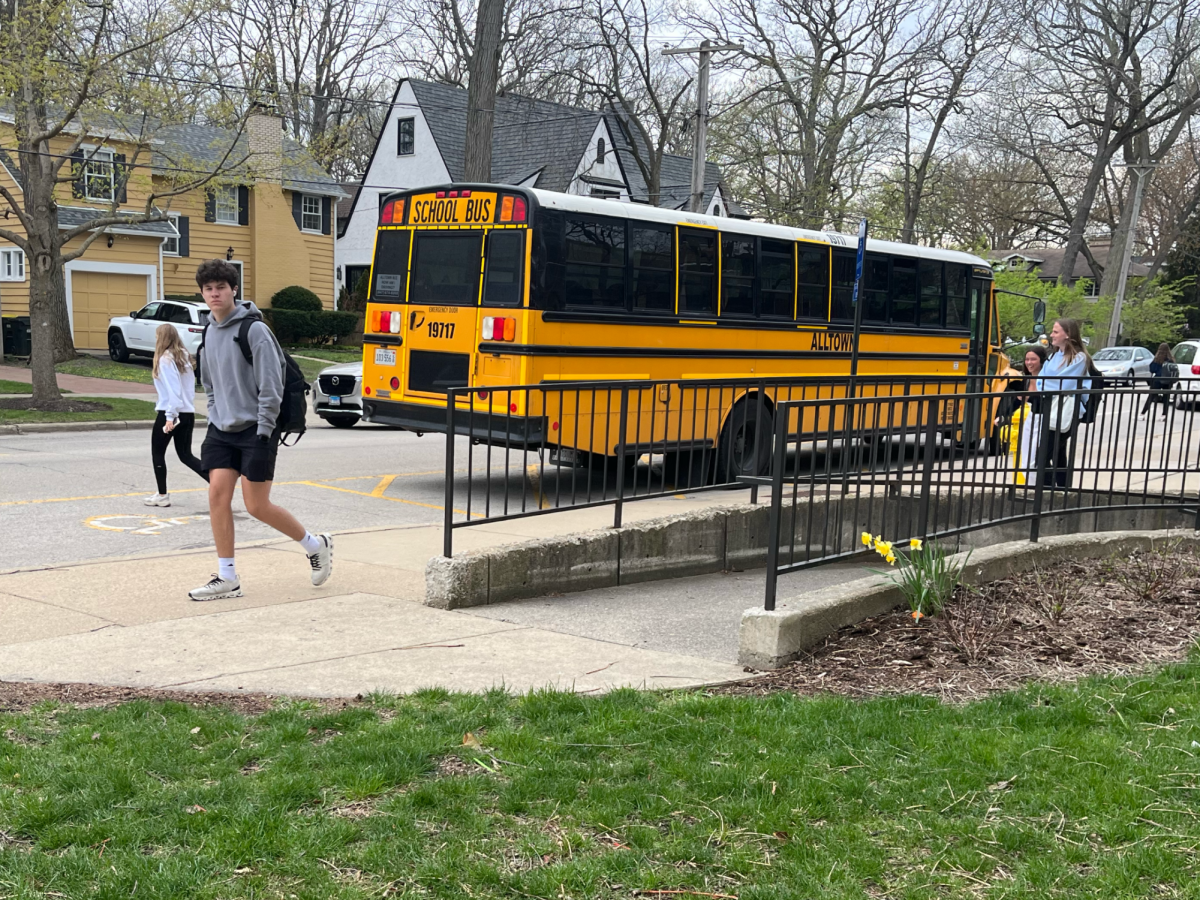I used to be one of the people who strongly believed athletes at the college level should not be paid. The majority of them were receiving scholarships, including tuition and board, the equivalent of four free years of college. Was that not enough? Then came the logistical questions. Who would supply the money? How would the money be distributed? Not only which players would receive money, but what teams? It’s a known fact that men’s football and basketball generate more money than women’s soccer, but with the implementation of Title IX, paying men but not women would seem to be a direct violation.
My stance on the issue began to change after the National Collegiate Athletic Association (NCAA) signed a $10.8 billion contract with CBS and Turner Sports for the rights to televise March Madness between 2011 and 2024. This is $11 billion for just three weeks of television each year. The same year, ESPN paid $500 million for the right to televise the National Championship. The NCAA is receiving a combined $11.3 billion for just two events, and this sum is a direct result from the play of the athletes.
People want to watch the college athletes play, and ESPN and CBS know exactly what they are doing making huge purchases for the right to televise big time sports games.
The problem with this is that the athletes don’t get paid while their names and faces are put on national television.
Second off, could the NCAA not afford to broadcast these two specific events for, let’s say, $8 billion? Even $10 billion would give them a formidable $1.3 billion to allocate to players accordingly. This is just one suggestion for compensating the players, which consequently shows that the well is not dry within the NCAA’s funds.
A study by Business Insider revealed that the average FBS college athlete is worth $137,357 per year, and the fair market value for the average men’s basketball player is $289,031 per year. The athletes are not asking for that large of an amount, and it’s not unreasonable for them to demand some sort of compensation.
My views were further swayed by the historical season of freshman quarterback Johnny Manziel. Last year, Manziel led Texas A&M to an 11-2 record, including a marquee, program defining win over #1 ranked Alabama.
Not only did Manziel bring national attention to Texas A&M, he brought revenue, and according to ESPN.com, Texas A&M received over $740 million in donations.
There is a direct correlation between Manziel and the increase in donations, and Texas A&M Foundation President Ed Davis acknowledged that in an interview with the Bryan-College Station Eagle.
Davis said, “People ask me all the time if you have a winning football team, do you raise more money. In normal times, the statistical data wouldn’t support that, but in an era where we are in, effectively, in the news everywhere and you have a young man like our quarterback who has been a media magnet and you have the success you have, I do think that euphoria does spill over into success in fund raising. I’m hoping we can keep it up.”
Manziel is just one example of thousands of college athletes who generate revenue for their universities without receiving pay, while risking injury and future health.
Former Northwestern basketball player Reggie Hearn explained to me his view on the issue, saying, “I used to think that student athletes shouldn’t be paid until I did research and read different peoples’ opinions, and now I think they should. I personally always felt I had enough money in college, but I know that other athletes struggle financially, and I think that’s a shame.”
Former Northwestern captain and NFL cornerback Jordan Mabin is more conflicted upon the issue, as “the former college athlete in me says, pay the players, but the businessman side of me says, there is no way it could work.” He settles upon the idea that “each player should get paid respective to what their scholarship is currently giving them.”
Basically, athletes receiving stipends (help paying rent, buying food, etc.) could be paid through a flat check at the beginning of the season. This is an interesting proposal that former Northwestern basketball player John Shurna agrees with, saying “The best solution that I have heard so far was that a player receives a stipend that continues to grow while in college, and then the athlete has access to the money after they graduate from the respective university.”
Shurna is willing to acknowledge the difficulty of his goal, and that “paying athletes opens up a Pandora’s box with different problems and questions.” New Trier junior Daniel Freres talked with former Wisconsin captain and safety Aaron Henry, and Henry said that “colleges are major corporations, and players who go to these colleges work for the money making corporations and deserve compensation.”
These three former college athletes are in agreement that they deserved to be paid during their time at college. Having experienced the injustice of not receiving any compensation for their contributions to their respective colleges, Hearn, Mabin, Shurna, and Henry acknowledge the difficulties of compensation for college athletes, but also understand that they should have received a reward for their hard work.
College sports will become more honest once players are paid, and more honorable. If a player makes a name for himself and wants to sell autographs, why is the NCAA allowed to prevent them from reaping the reward from their success.
Fans will be able to enjoy college athletics without having to avert their eyes from the scandals and the hypocrisy. Yes, it’s true: paying players will change college sports.


